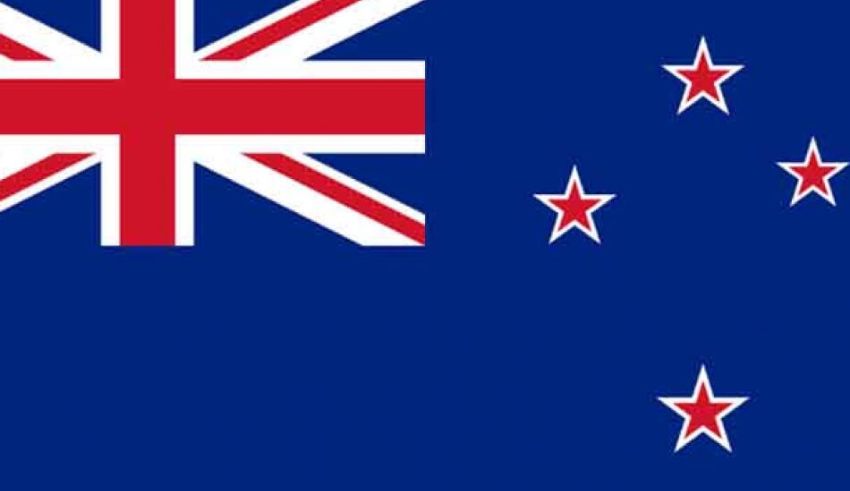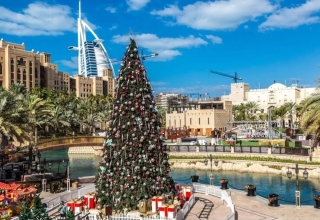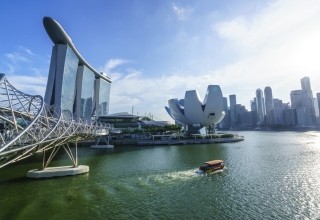
Huge crowds marched in cities all across New Zealand on Thursday. They were angry at the government for taking away rights from the Māori people, who are the indigenous population of the country.
The demonstrations, known as hikoi, happened on the same day the new government announced its first budget. The budget included tax cuts and less spending on housing, conservation, and other areas. The finance minister said the cuts were not aimed at Māori programs specifically, and that the new plans would help all New Zealanders.
A Controversial New Government
The protests were in response to allegations that the current government, which took power in October, has tried to reduce the voice and influence of the Māori since being elected. Demonstrators felt hard-won rights and programs for the indigenous population were being eliminated too quickly.
In one major move criticized by protesters, the government disbanded a new organization meant to improve healthcare for Māori people. “They just come along with a snap of the fingers and change laws we fought for,” said one irate protester named Ethan Smith.
Demonstrators demanded the government meet with Māori leaders to resolve the tensions in a way that respects everyone. This was the second major protest since the new government took over, but this one drew much larger crowds.
An Independent Māori Parliament?
Later on Thursday, the Māori Party, which holds seats in the New Zealand Parliament, issued a Declaration of Political Independence. They announced plans to create a separate parliament solely for the Māori population.
The party said this was part of a mission to transform New Zealand into a nation that “respects the sovereignty of Indigenous people and creates a safe home for all peoples.” Around 17% of New Zealanders identify as ethnically Māori.
Disadvantages for Māori Population
Currently, the Māori face many disadvantages compared to the overall New Zealand population. They have worse outcomes in health, income, education, and higher rates of incarceration and premature death. Life expectancy for Māori is seven years lower on average.
Government Response
The deputy prime minister, Winston Peters, criticized the Māori Party for protesting instead of being present for the budget announcement. He also pointed out what he called the “irony and hypocrisy” of the party’s current stance, noting a former president had called the party’s rise “unfortunate and frustrating” in 2005.
Peters said the government leaders do not want to divide the country along racial lines. The finance minister claimed the new budget actually does deliver for Māori by helping all New Zealanders equally when they access services like healthcare and schools.
But the opposition Labour Party disagreed, saying the budget neglected key areas like health and education that are crucial for uplifting the Māori community. “In New Zealand we work together for the good of the many – not the few,” their leader said of the budget.
























